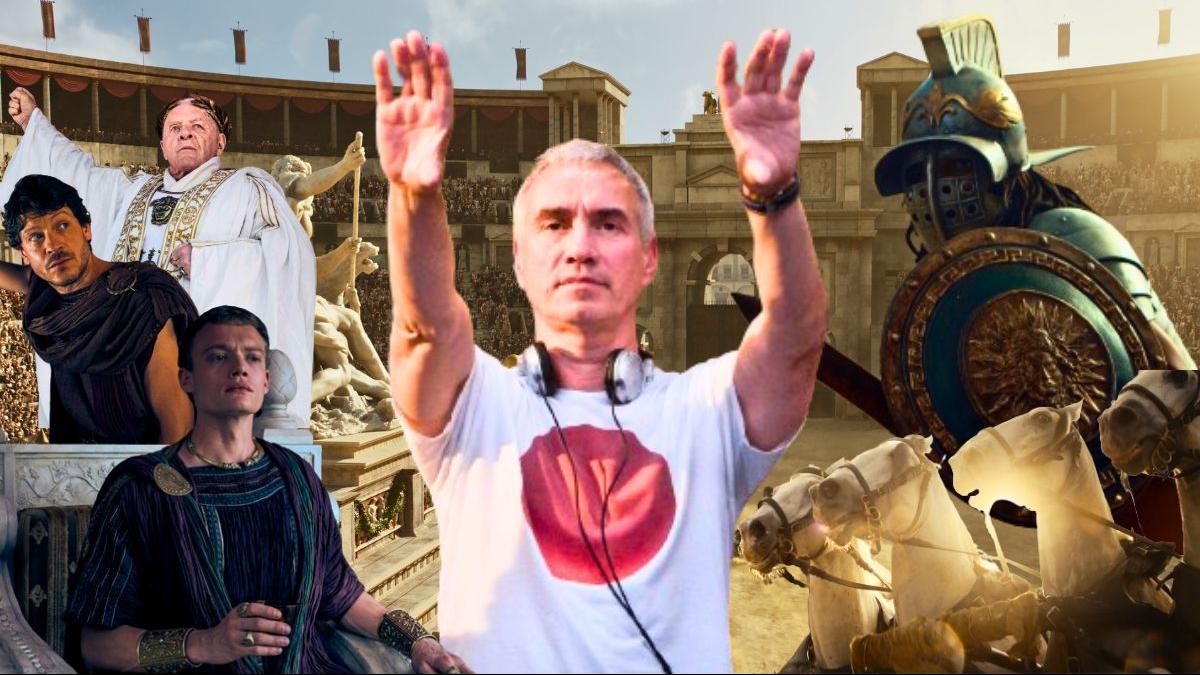
Roland Emmerich interview on ‘Those About To Die’: Ancient sports, Godzilla and Hollywood’s newfound obsession with the Roman Empire
The Hindu
Roland Emmerich's epic new series, Those About to Die, brings ancient Rome to life with grandeur and intrigue.
The Colosseum roars back to life this summer with German director Roland Emmerich’s first official tryst with television, thanks to his ambitious new series Those About to Die. Set against the backdrop of the Flavian dynasty of the Roman Empire, this 10-episode spectacle premieres on July 18, just in time to whet appetites for the 2024 Paris Olympics.
Celebrated for his mastery in large-scale, high-stakes filmmaking, Emmerich directs five of the episodes with his undiminished passion for storytelling. Known for blockbusters like Independence Day, The Day After Tomorrow, and 2012, Emmerich’s signature style — marked by grandiosity, absurdly-scaled production, and a curious knack for depicting societal collapse — seems to have all the makings to elevate Those About to Die into a stunning and charged epic.
The series, inspired by Daniel P. Mannix’s 1958 book and developed by Robert Rodat (the screenwriter behind Saving Private Ryan) offers yet another portrayal of the political and social intricacies of ancient Rome — Hollywood seems quite taken with the idea lately — through the lens of its most brutal and popular spectacles: the games.
Emmerich’s ability to capture the chaotic beauty of the great civilisation in turmoil shines through in this series. He brings ancient Rome to vivid life, not just through the spectacles in the arena, but also through the personal and political dramas unfolding behind the scenes that have the Machievellian smear of its seasoned successors, Game of Thrones and Succession. Its cast is led by two-time Oscar-winner Anthony Hopkins as the Emperor Vespasian, and also features Iwan Rheon of Game of Thrones fame, as well as The Irregulars star Jojo Macari.
In our exclusive interview with Emmerich, he shares insights into the series’ development and his directorial approach and reflects on his own filmography, dropping hints about future projects and a fond look back at a certain Oscar-winning reptilian icon.
Excerpts:
Roland: Well, it’s an interesting period because Vespatian, who became emperor, came from a family of mule breeders. He became a significant general and was sent to Judea to quell the rebellion there in his old age. He was the last of the four emperors after Nero killed himself. There were three other generals fighting for the Emperorship, and Vespatian was the last one standing. He brought stability after the civil war and rebuilt Rome, including constructing the Colosseum, a grand gesture at the time. He had two sons, which was unique among emperors before him and his reign lasted 12 years.













